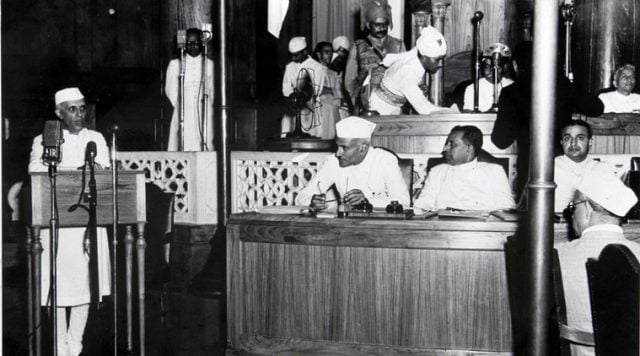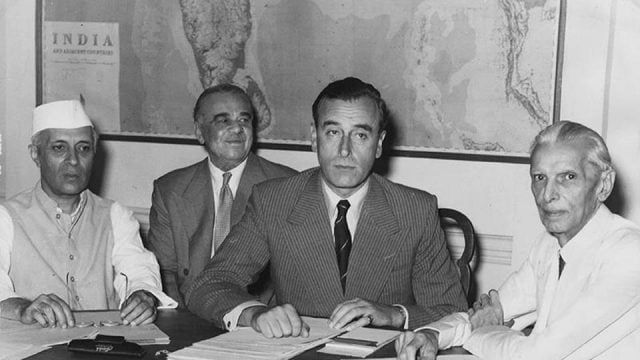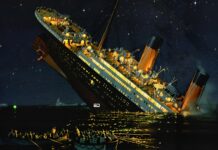Disclaimer: Originally published in August 2018. It is being republished since it still remains an interesting topic till today.
“Long years ago, we made a tryst with destiny, and now the time comes when we shall redeem our pledge, not wholly or in full measure, but very substantially. At the stroke of the midnight hour, when the world sleeps, India will awake to life and freedom” said Pandit Jawaharlal Nehru on the midnight of August 15, 1947.
Free India’s first Prime Minister’s speech still reverberates and evokes one’s patriotic sentiment to witnesses of pre-independence India, the generation that lived through the horror and elation of the birth of a nation.
As India celebrates its 72nd Independence Day on 15th August, the nation is in great enthusiasm and patriotism, cherishing the idea of oneness and remembering the sacrifices that our freedom fighters have made.

January 26th: Republic Day or Independence Day?
It was in 1929 when Pandit Jawaharlal Nehru, as the President of the Indian National Congress called out for ‘Poorna Swaraj’ meaning total independence from the British colonial rule.
The last Sunday of January 1930, was fixed to be celebrated as our Independence Day, which incidentally fell on the 26th. On that day, Jawaharlal Nehru hoisted the tricolour on the banks of Ravi in Lahore.
Congress continued with its tradition and continued to celebrate it from 1930 onwards, until India attained Independence and January 26th, 1950 was chosen as the Republic Day.
Also Read: This Old Hindi Movie On The India-China War Is A Must Watch This Independence Day
How did 15th August become India’s Independence Day?
All thanks to the last Viceroy of India, Lord Mountbatten.
An official order was issued to Mountbatten by the British Parliament to transfer power to India by June 30, 1948. However, August 15, 1947, spelled the end of British rule in India by the Britishers.
Mountbatten claimed that by preponing the date, there would be no bloodshed or riot. Of course, he was proven wrong. In his defence, he said “wherever colonial rule has ended, there has been bloodshed. That is the price you pay.”
The Indian Independence Act which was passed by the British parliament was based upon the inputs of Mountbatten, introduced in the British House of Commons on July 4, 1947, and passed within a fortnight. The Act clearly mentioned the date of independence as August 15, 1947.
However, that’s not it. One event close to the heart of Mountbatten and the Britishers decided when India will be celebrating its Independence Day.
“The date I chose came out of the blue. I chose it in reply to a question. I was determined to show I was master of the whole event. When they asked had we set a date, I knew it had to be soon. I hadn’t worked it out exactly then — I thought it had to be about August or September and I then went out to the 15th August. Why? Because it was the second anniversary of Japan’s surrender” as quoted by Mountbatten in Freedom at Midnight.

India and Pakistan shared the same Independence Day for one year
August 15 was proclaimed Independence Day for both India and Pakistan according to the Indian Independence Bill. The first stamp issued by Pakistan also mentioned August 15 as its independence day.
“August 15 is the birthday of the independent and sovereign state of Pakistan. It marks the fulfillment of the destiny of the Muslim nation which made great sacrifices in the past few years to have its homeland,” said Muhammad Ali Jinnah, in his first address to Pakistan.
Mountbatten being the Viceroy of India was bound to attend the Independence Day celebrations of both countries. Even after India’s Independence Bill stated 15th August as Pakistan’s first Independence Day, they preponed it to 14th August after concerns Mountbatten had to travel to Delhi on 15th August, to attend India’s first Independence Day.
Another reason could be because August 14, 1947, was the 27th of Ramadan, a very sacred date for the Muslims residing in Pakistan.
72 years on, India and Pakistan celebrate their hard-fought independence with huge fervour. The dates hold little importance and its the mission of togetherness and friendship that prevails all.
Lastly, a Happy Independence Day!
Image Credits: Google Images
Other Recommendations:
“What Does 15th August Mean To You Other Than The Independence Day?”: ED VoxPop



































